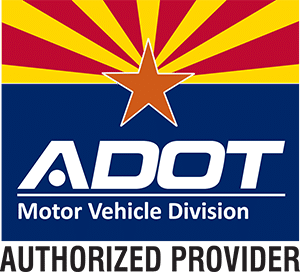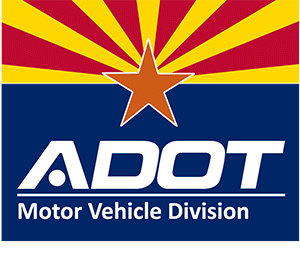Smart Driving: Techniques for a Safer, More Efficient Ride
In today’s world, where roads are busier and distractions are more numerous than ever, smart driving is not just a skill — it’s a necessity. But what is smart driving? And how can you practice it? Here, we break down some of the top smart driving tips you need to know for your next journey.
What Is Smart Driving?
Smart driving involves using various techniques and practices to optimize your driving performance. It’s not just about adhering to traffic rules; it’s about being proactive, aware, and strategic on the road. This approach minimizes risk, conserves fuel, saves time, and, most importantly, creates a safer driving environment.
Smart Driving Tips for a Safer Ride
Plan your route
Before you head out on your journey, take a moment to plan your journey. Use GPS technology to find the quickest and safest routes, avoiding heavy traffic and hazardous roads whenever possible. You won’t just save time but also reduce the stress and potential dangers of navigating unfamiliar or congested areas.
Put away distractions
Stash away any distractions to ensure your full attention is on the road. Distractions, especially mobile phones, are a leading cause of road accidents. In fact, according to the National Safety Council, cell phone use when driving leads to 1.6 million crashes each year. Consider setting your phone to “do not disturb” mode to minimize distractions while driving.
Engage defensive driving skills
Defensive driving is about being vigilant, anticipating potential hazards, and reacting calmly and safely. Always keep a safe distance from the vehicle in front of you, observe your surroundings, and be prepared to react to others’ unpredictable actions. Need to brush up on your defensive driving skills? Consider signing up for a qualified defensive driving course.
Practice efficient braking
Did you know abrupt braking can damage your vehicle? Frequent hard braking can accelerate wear and tear on your brake pads and rotors. This means you’ll likely need more frequent replacements, and, even worse, your vehicle’s braking efficiency could be compromised in critical situations. Aim for smooth, gradual braking to reduce wear on your brake system. Anticipating stops and slowing down well in advance also reduces the risk of rear-end collisions.
Keep up with vehicle maintenance
Regular maintenance of your vehicle is crucial for safe driving. This includes checking your tire pressure, brakes, lights, and fluid levels. A well-maintained vehicle not only runs more efficiently but also reduces the risk of breakdowns and accidents. Schedule regular checkups with your mechanic or perform at-home checks to keep your vehicle road-ready.
Watch your speed
Speeding is a major factor in road accidents, so always adhere to speed limits and adjust your speed according to road conditions. Remember, driving at a consistent and appropriate speed isn’t just safe; it’s more efficient. The U.S. Department of Energy estimates that for every 5 mph you drive over 50 mph, you’re paying an extra $0.18 per gallon for gas.
Want more smart driving tips? We’re here to give you the knowledge and skills you need to safely navigate the roads. Register for a driver’s education class today.








